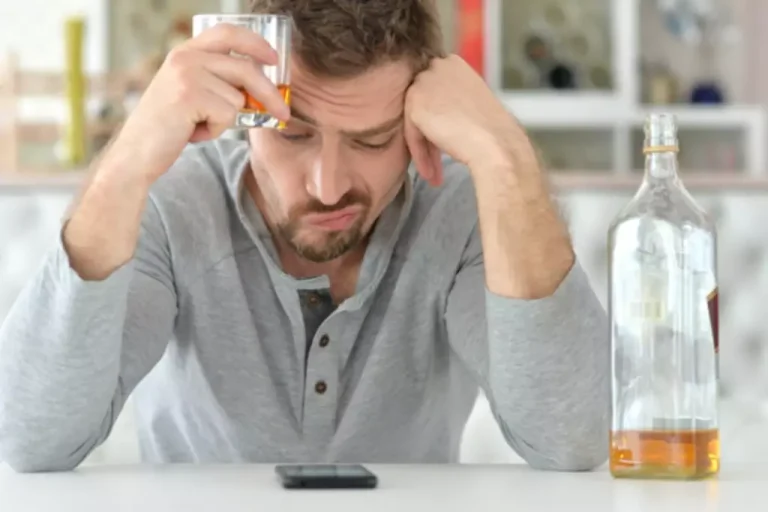Your cart is currently empty!
Effects of Alcohol on Skin Repair Damage & Maintain Healthy Skin

WH spoke to the experts to find out how your alcohol intake can directly impact your healthy glow and what happens to your skin once you put that tipple down. Overall, reducing the consumption of alcohol will result in better skin. This is evidenced by a recent case study from the UK site Daily Mail, which involved a mother of two who normally drank five large glasses of wine weekly. She cut out alcohol completely for one month, which resulted in great improvement to her complexion. The trick is to develop a personalised recovery plan that includes a high amount of proteins, antioxidants, supplements and probiotics. “A tailored recovery plan should include supplements of omega-3 fatty acids to help reduce inflammation, and probiotics to improve gut health, which directly benefits the skin,” says Naik.
Up your vitamin intake

A dose of Viagra lasts around four hours, and Levitra is just a little longer, sometimes up to six hours. It falls into the same class of drugs as other ED medications, like Viagra® (sildenafil) and Levitra® (vardenafil), known as phosphodiesterase type-5 inhibitors — PDE5 inhibitors for short. Unless a person is sensitive to these ingredients, they do not need to avoid them. “Alcohol denat.” also appears on some product labels to indicate that it contains denatured alcohol. If a product contains any of the above, it is best to avoid it. To metabolize histamine, the body uses a chemical known as DAO.
Alcohol Skin Damage: How Drinking Affects Your Skin

According to Dr Ana, “Unfiltered red wine requires higher levels of processing by the body.” “As alcohol is a diuretic, meaning that it actively draws water away from the body, significantly lowering the body’s water level,” she goes on to explain. “It removes the fluid in the skin which can increase the appearance of wrinkles, dryness and sagging skin, and dehydrated skin can look unhealthy both in its colour and texture.” A healthy diet and regular exercise are essential for maintaining healthy skin. Incorporate foods rich in vitamins, minerals, and antioxidants into your diet, such as fruits, vegetables, whole grains, and lean proteins.
How Drinking Alcohol Affects Skin Health
Alcohol can trigger an inflammatory response in the body, which can lead to redness, swelling, and irritation of the skin. This can exacerbate existing skin conditions like rosacea and eczema. To stay hydrated while drinking alcohol, it’s important to drink plenty of water before, during, and after consuming alcohol. This will help to counteract the dehydrating effects of alcohol and keep your skin looking and feeling its best. Alcohol also increases the production of free radicals in the body. Free radicals are unstable molecules that can damage cells and accelerate the aging process.

Visible blood vessels can appear on the face, making the symptoms worse. Liver diseases like hepatitis and cirrhosis result from excessive alcohol consumption. These conditions can lead to jaundice, which causes yellowish drug addiction skin. This occurs when the liver cannot process bilirubin properly. When it builds up in the body, it gives the skin and eyes a yellow tint.
- One way to find support is by listening to addiction recovery podcasts.
- A person who is worried about the amount of alcohol they consume, or has trouble managing their alcohol intake, can contact a doctor or local support group to help with treatment.
- It also controls non-inflammatory acne, so this is your go-to post-party to keep pesky spots at bay.
Changes to the skin can be how alcohol affects your skin more serious and last longer if a person regularly consumes alcohol. This article originally appeared on Hims.com and was syndicated by MediaFeed.org. In the long term, alcohol could contribute to the very problem you’re trying to treat with medication. Though it works the same way as other ED medications, its effects last much longer.
- Alcohol’s widespread effects on immune function also are underscored in the article by Gauthier, which examines how in utero alcohol exposure interferes with the developing immune system in the fetus.
- Dehydration is a biggie when it comes to dry skin, puffiness, and management of skin conditions like psoriasis or rosacea.
- Research shows alcohol use also may be tied to the most common types of skin cancer.
- “Alcohol is known to dehydrate the skin, depriving it of the moisture and nutrients it needs to keep our complexion looking radiant, supple and youthful,” says Dr Rita Rakus, Cosmetic Doctor.
- Many individuals overlook the long-term effects of alcohol on their skin health.
It can also disrupt the balance of bacteria on the skin, leading to breakouts. Moderate drinking is defined as a single drink or less per day for women and 2 drinks or less per day for men. Admittedly, a single glass now and again can deliver modest levels of antioxidant protection, but it doesn’t beat a good daily skincare serum. Nummular or discoid dermatitis occurs more frequently in alcohol abusers, particularly in those with abnormal liver function tests.
Similar articles
They can break down collagen and elastin, two proteins that are essential for maintaining youthful-looking skin. When you’re dehydrated, that can show up on your face in the form of dry, flaky skin, more visible signs of aging, or flare-ups of skin conditions like psoriasis and eczema. According to a 2020 study, applying topical brimonidine to the skin before drinking alcohol may be effective in reducing the appearance of flushing. Brimonidine is prescription-only, and doctors sometimes prescribe it to people with rosacea. According to DermNet.org, drinking large amounts of alcohol can increase a person’s risk of developing psoriasis.

Drinking Habits
Red wine contains polyphenols that can help dilate blood vessels and improve circulation. However, =https://ecosoberhouse.com/ it is important to note that moderation is key, as excessive alcohol consumption can have detrimental effects on circulation and overall health. One notable short-term effect of alcohol consumption is dehydration. Alcohol acts as a diuretic, causing the body to lose more water and salt than usual. This dehydration can lead to dry skin, sunken eyes, decreased elasticity, and dry lips. Additionally, alcohol can cause flushing, a condition characterised by the dilation of blood vessels under the skin, resulting in a flushed or inflamed complexion.
What are the long-term effects of alcohol on the skin?
- ‘Excessive alcohol tends to cause flushing in most people and will act as a diuretic and cause dehydration,’ says Dr. Justine Hextall, one of London’s leading dermatologists.
- In addition to taking care of your skin after drinking, it’s important to rehydrate quickly.
- If you notice any flare-ups in chronic skin conditions after drinking, take steps to treat the symptoms as soon as possible.
- The connection between alcohol consumption and dark circles is significant.
Additionally, alcohol is a diuretic, meaning it increases urine production and can lead to dehydration. Dehydration can cause your skin to become dry, dull, and less elastic. It can also exacerbate existing skin conditions and make them more difficult to manage.
Αφήστε μια απάντηση